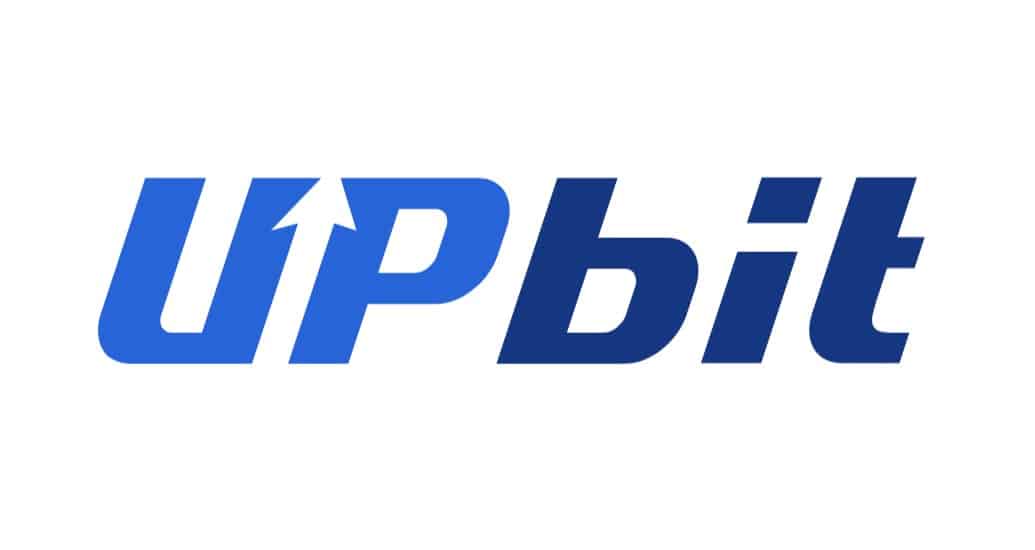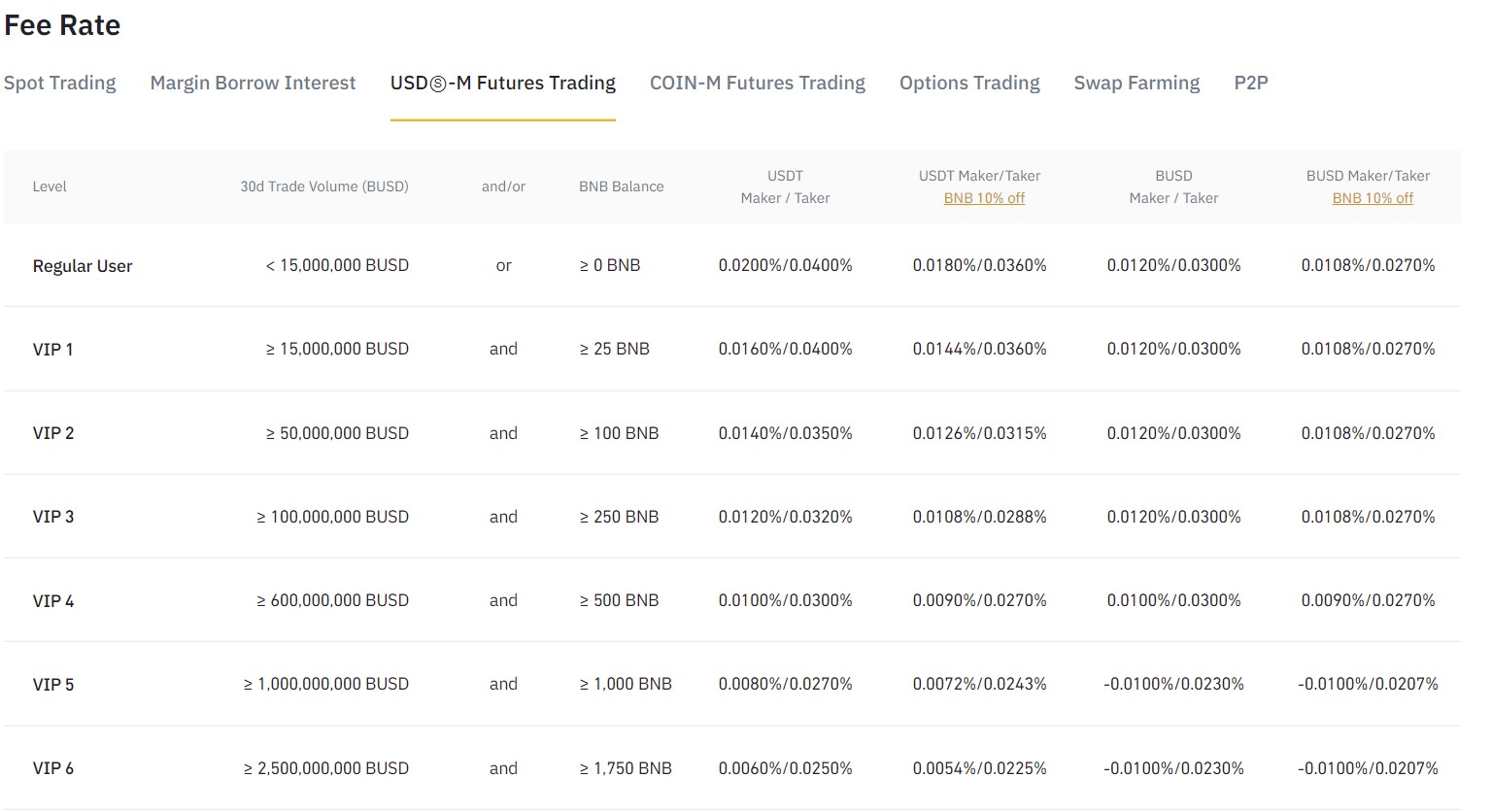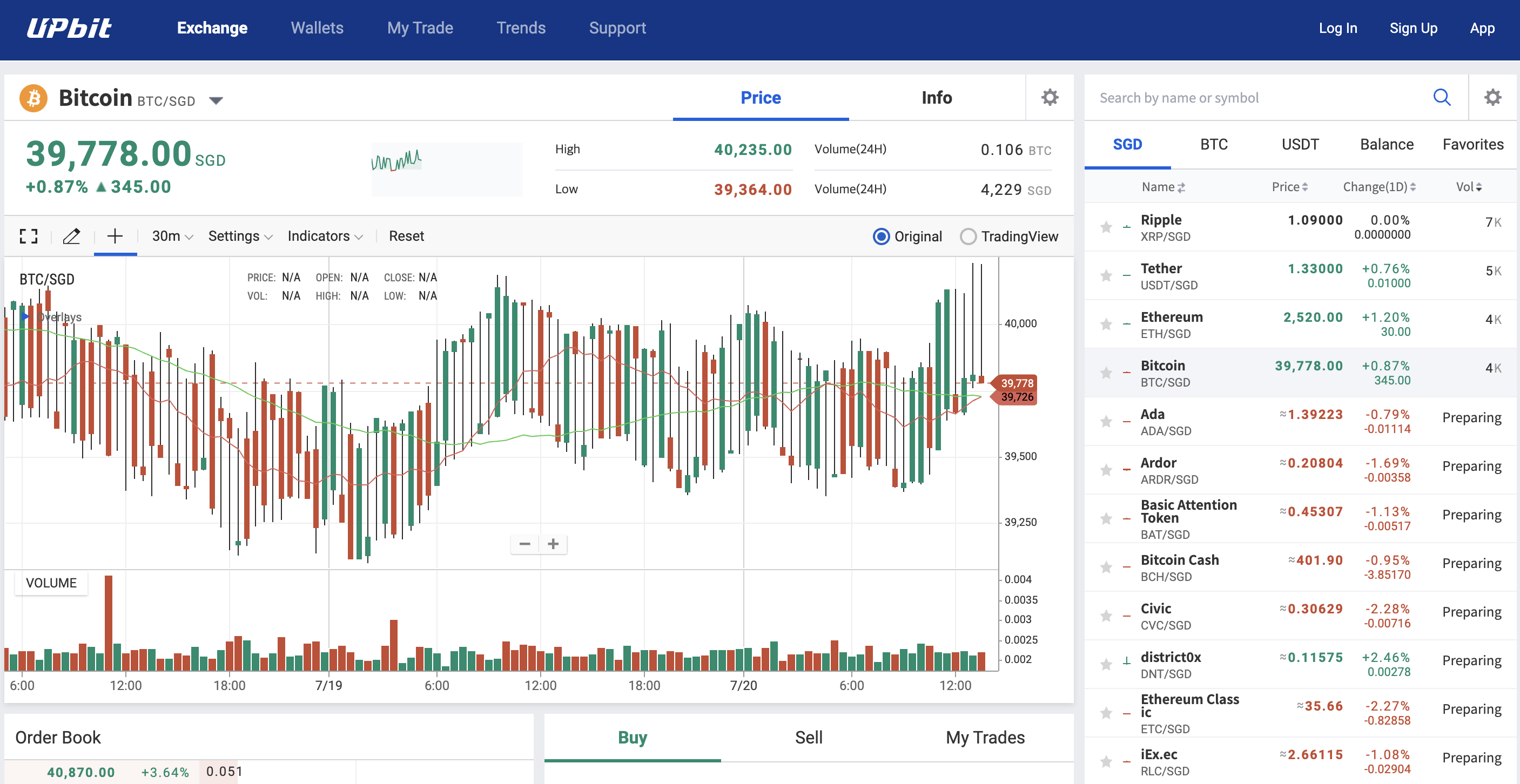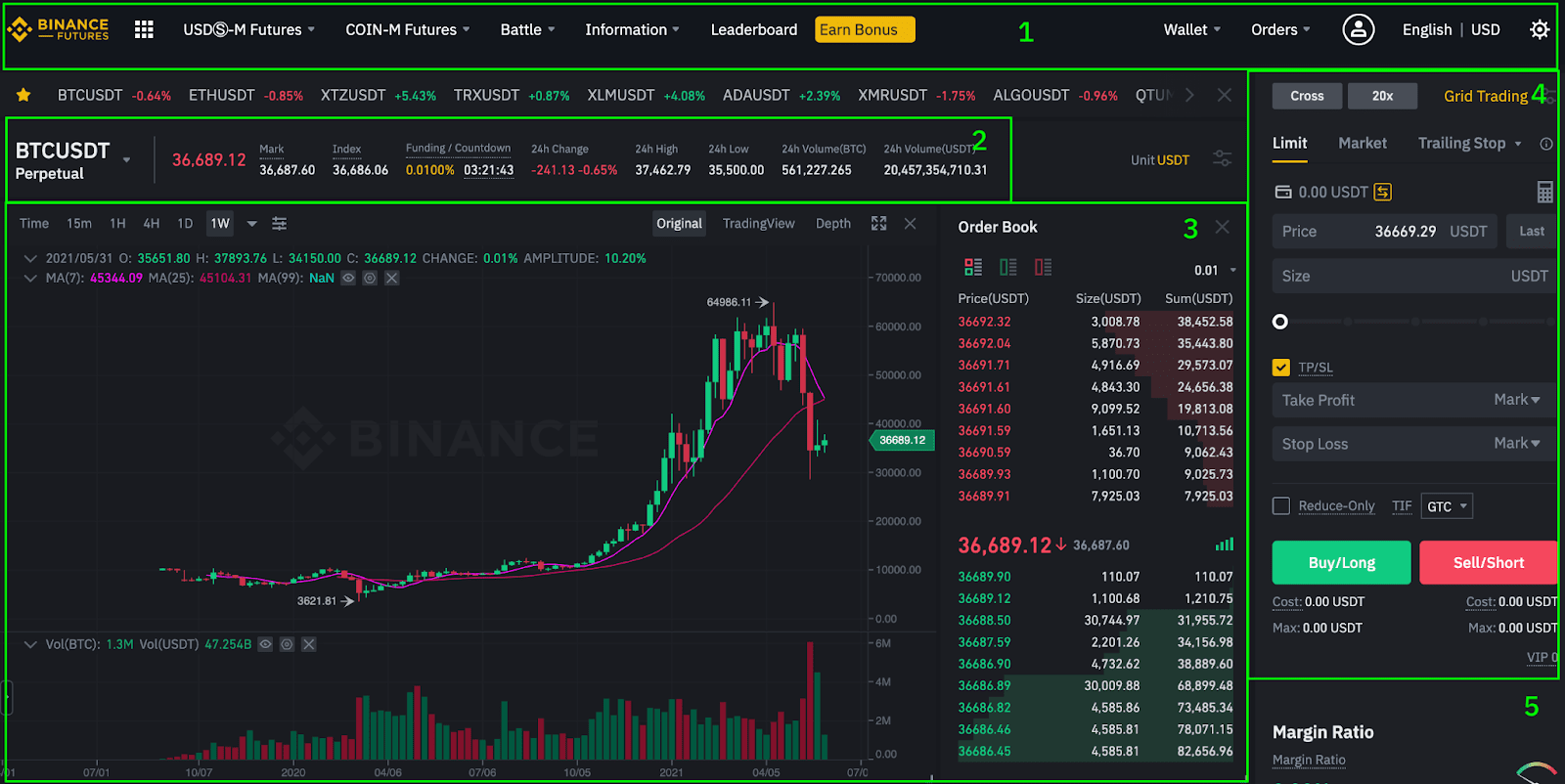Upbit is renowned for its user-friendly platform, while Binance Futures is globally recognized for its extensive range of cryptocurrencies.
This comprehensive comparison between Upbit and Binance is based on my meticulous research.
This includes hands-on trading experiences and deep dives into their security protocols, fee structures, and customer support.
Both are stellar crypto exchanges, but our detailed exploration will reveal where each shines.
Stay tuned as we break down Upbit vs Binance!
Upbit vs Binance: At A Glance Comparison
Upbit is user-friendly, and its localized services make it a top choice for Korean traders. They support over 150 cryptocurrencies and offer spot trading and Korean Won (KRW) trading pairs.
Moreover, Upbit’s security is robust, and the platform enjoys a good reputation in the crypto community.
If you think that’s impressive, hold onto your hats because here comes Binance.
Supporting more than 500 cryptocurrencies, Binance offers Futures, margin trading, spot and more.
It’s a veritable playground for both beginners and experienced traders.
Plus, Binance’s security measures are world-class, and the exchange has a comprehensive suite of educational resources.
Let’s continue to explore, shall we?
Upbit vs Binance: Trading Markets, Products & Leverage Offered
Starting with Upbit this exchange offers spot trading for a variety of cryptocurrencies.
You’ll be happy to know they support over 150 digital assets, including all the major players like Bitcoin, Ethereum, and Litecoin.
Furthermore, they allow trading pairs with the Korean Won, which is a big plus for those based in South Korea.
Let’s shift gears and look at Binance.
Get ready because this is going to blow your mind. Binance supports over 500 cryptocurrencies and offers an array of trading options.
Spot trading? Check.
Margin trading? You bet.
Futures? Absolutely.
It’s also worth mentioning that Binance offers leveraged tokens and savings accounts, providing a wider array of investment opportunities.
But wait, there’s more!
Binance doesn’t shy away from high-risk, high-reward strategies, offering leverage up to 125x on certain Futures contracts.
While this can be a boon for experienced traders, remember, with great power comes great responsibility.
So, who’s the reigning champ in this round?
Regarding variety and advanced trading options, Binance once again takes the crown.
The sheer volume of cryptocurrencies and trading products, combined with high-leverage options, makes it a go-to choice for traders looking for flexibility and opportunity.
However, Upbit’s offering is by no means poor. It is a solid choice for those preferring a simpler, more straightforward trading experience.
Let’s keep going, shall we? There’s more to dissect!
Upbit vs Binance: Supported Cryptocurrencies
With Upbit, there is a decent variety.
The platform supports over 150 cryptocurrencies, including the heavyweights like Bitcoin, Ethereum, Ripple, and more.
Additionally, it has a firm foothold in the Korean market and offers many trading pairs with the Korean Won.
But hold on because Binance is about to enter the ring. Binance supports an impressive array of over 500 cryptocurrencies!
It’s like a digital candy store, offering various choices from popular names like Bitcoin and Ethereum to numerous altcoins.
If a cryptocurrency is making waves in the market, Binance might support it.
So, who wins this round?
Regarding the sheer number of supported cryptocurrencies, Binance has an edge.
Its diverse selection allows you to easily diversify your portfolio and exploit emerging opportunities.
However, don’t discount Upbit just yet.
With its strong selection of cryptocurrencies and specific focus on the Korean market, it remains a strong contender for those looking to trade in Won.
Ready to dive deeper? The rabbit hole goes even further, so let’s continue!
Upbit vs Binance: Trading Fee & Deposit/Withdrawal Fee Compared
First up, Upbit.
It uses a flat trading fee of 0.25% per transaction for Limit and Market orders when you use SGD trading pairs, which is slightly above the industry average.
And guess what?
For deposits, it doesn’t charge you anything at all!
However, withdrawal fees vary depending on the specific cryptocurrency.
Here’s the kicker, Binance steps in with a more attractive offer.
It employs a tiered trading fee schedule starting at 0.02%/0.04% and reducing with increased trading volume.
Even better, if you use $BNB, Binance’s native coin or BUSD, to pay for your fees, you get a sizeable discount.
On the deposit side, it’s free like Upbit.
But it also has variable withdrawal fees depending on the coin.
Who’s the champ in this round?
If low trading fees are your game, Binance has a significant edge with its lower initial trading fee and further discounts with $BNB.
There’s still more to consider! Let’s keep moving.
Upbit vs Binance: Order Types
Ever wished you had more control over your trades? Well, guess what?
The variety of order types an exchange offers can grant you just that.
When it comes to Upbit, they’ve kept it simple.
They provide three types of orders: limit, market, and stop-limit. These basics will cover most traders’ needs.
But, if you’re a more advanced trader seeking advanced strategies, you may find Upbit somewhat limiting.
On the other hand, Binance offers a broader array of order types.
Beyond the basic market, limit, and stop-limit orders, Binance provides advanced order types.
They include One Cancels the Other (OCO), stop-limit orders, trailing stop orders, and post-only orders.
So, who takes the cake in this section?
If variety and flexibility in your trading strategies are what you’re after, Binance undoubtedly comes out on top.
Let’s dive into the next section!
Upbit vs Binance: KYC Requirements & KYC Limits
Upbit requires mandatory KYC for all users, with no exceptions.
While this may feel cumbersome, it offers an additional layer of security.
You’re required to submit documents such as ID proof and address proof.
It’s a bit of a process, but it gives you unlimited deposits and withdrawals once completed.
Binance also needs every new trader to complete KYC before you can place a trade, similar to Upbit.
So basically, it is a tie between Upbit and Binance.
We still have more ground to cover before we make a final decision. Onwards to the next section!
Upbit vs Binance: Deposits & Withdrawal Options
Starting with Upbit, accepts deposits in a wide range of cryptocurrencies and fiat currencies like KRW (South Korean Won).
For withdrawals, the options are similar, and the process is relatively straightforward.
On the other hand, Binance provides a more extensive set of options.
It supports numerous cryptocurrencies, fiat deposits through bank transfers, and even credit and debit cards.
The withdrawal options are equally diverse, making it very convenient for users around the globe.
So, what’s the verdict, you ask?
If you’re residing in South Korea and prefer trading with KRW, Upbit’s direct fiat support may be more appealing to you.
But, for those who value more diverse deposit and withdrawal options, Binance has the upper hand.
Let’s keep digging into more differences between these two platforms. Onwards and upwards!
Upbit vs Binance: Trading & Platform Experience Comparison
Starting with Upbit, it offers a simple, intuitive interface that’s easy to navigate, even for beginners.
Advanced traders will appreciate the analytical tools and indicators at their disposal.
However, some users have reported issues with its mobile application, occasionally suffering from bugs and performance glitches.
Turning our sights to Binance, it blends simplicity and complexity. On the one hand, it has an easy-to-understand interface for beginners.
On the other, it also offers an advanced trading interface with an extensive range of analytical tools, charts, and data for experienced traders.
Both its desktop and mobile applications are highly praised for their seamless performance.
Now, hold onto your seats because here comes the verdict…
If simplicity and ease of use are your top priorities, Upbit might be your go-to choice.
But if you’re looking for a more comprehensive trading platform that combines user-friendliness with advanced trading tools, Binance stands a cut above the rest. To learn more about the exchange, check this guide on how to Short Ethereum on Binance.
Does that help? I hope so!
But wait, there’s more!
Upbit vs Binance: Customer Support
Starting with Upbit, it offers a variety of customer support options, including live chat, email, and a comprehensive FAQ section on its website.
Users have reported quick responses and generally helpful answers from the support team.
However, a few complaints about a lack of 24/7 live support have occurred.
Now, let’s look at Binance.
Binance offers a 24/7 live chat support system, email support, and an extensive self-help section on its website.
User feedback shows that Binance’s customer support is generally responsive and helpful, resolving issues promptly.
Their support is available in multiple languages, which is a big plus for international users.
Let’s make this easy…
Regarding customer support, Binance takes the cake with its 24/7 live chat support and multi-language availability.
Upbit vs Binance: Security Features
Upbit is no slouch in this arena.
It uses multi-signature wallets and keeps most of its funds in cold storage, which are not accessible via the Internet.
It also offers 2-Factor Authentication (2FA) to add an extra layer of security to its users’ accounts.
Let’s look at Binance.
As one of the largest cryptocurrency day trading platform in the world, Binance takes security very seriously.
It also uses multi-signature wallets and keeps most of its funds in cold storage.
Binance also offers 2FA, in addition to withdrawal whitelist functionality and a ‘SAFU’ fund – an emergency insurance fund set aside to cover potential losses due to extreme market situations.
Now, here’s the takeaway…
While both platforms offer robust security measures, Binance’s additional features, such as the withdrawal whitelist and ‘SAFU’ fund, give it a slight edge over Upbit.
Is Upbit Safe & Legal To Use?
Upbit is one of South Korea’s largest cryptocurrency exchanges, backed by Kakao, a well-established South Korean tech company.
The platform adheres to strict legal regulations in South Korea, a country known for its stringent cryptocurrency regulations.
So, you might be asking, “But is it safe?”
Upbit employs extensive security measures, including multi-signature wallets, cold storage for funds, and 2-Factor Authentication (2FA) for user accounts.
Furthermore, they have proactively enhanced their security infrastructure following a significant hacking incident in 2019.
As a result of their efforts, they’ve established a more secure platform and have shown resilience in the face of adversity.
Is Binance Safe & Legal To Use?
Now let’s address the elephant in the room: “Is Binance safe?”
Binance employs many security measures, including multi-tier and multi-cluster system architecture, 2FA, and withdrawal whitelist features.
Notably, Binance created the ‘Secure Asset Fund for Users’ (SAFU) to protect users and their funds in extreme cases.
In a nutshell, Binance is legal to use in jurisdictions where it operates, and they provide robust security measures.
However, it’s vital to note that regulatory landscapes can change, and personal security habits are equally important for the safety of your funds.
Now that we’ve covered that let’s dive into our conclusion.
Upbit vs Binance Conclusion: Why not use both?
At this stage, you might be asking, “Upbit or Binance? Which is the best choice?”
Well, here’s the kicker: both exchanges have their strengths.
If you prioritize a simplified user interface, a wide range of supported cryptocurrencies, and a strong emphasis on security, Upbit could be your perfect fit.
Conversely, if you’re a seasoned trader seeking advanced trading features, high liquidity, and leverage options, Binance stands out.
But why limit yourself to one?
Using both could be the way to go depending on your trading goals and preferences.
After all, diversification isn’t just for your portfolio!
Learn how does Upbit & Binance stack up against the competition:
- Upbit vs Bybit
- Binance vs Huobi
- Binance vs Deribit
- Binance vs Phemex
- Binance vs Bitfinex
- Binance vs eToro






